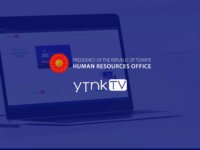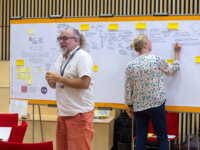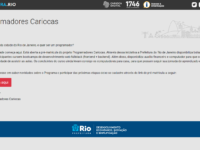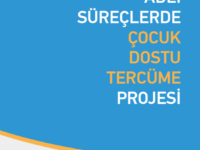Case Study
Trusted Official Statistics for Good Governance and Evidence Based Decision Making in Vanuatu
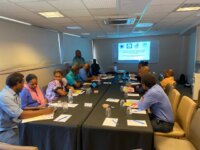
The Parliament of Vanuatu has struggled to fulfil its legislative, budget, oversight, and representation functions due to limited capacity to utilise trusted statistics. The Vanuatu Bureau of Statistics addressed this capacity gap through targeted training with Members of Parliament (MPs) and parliamentary civil servants to improve policy making. This is the first focused effort in Vanuatu to introduce data for sustainable development monitoring to MPs with the aim of enhancing good governance.

